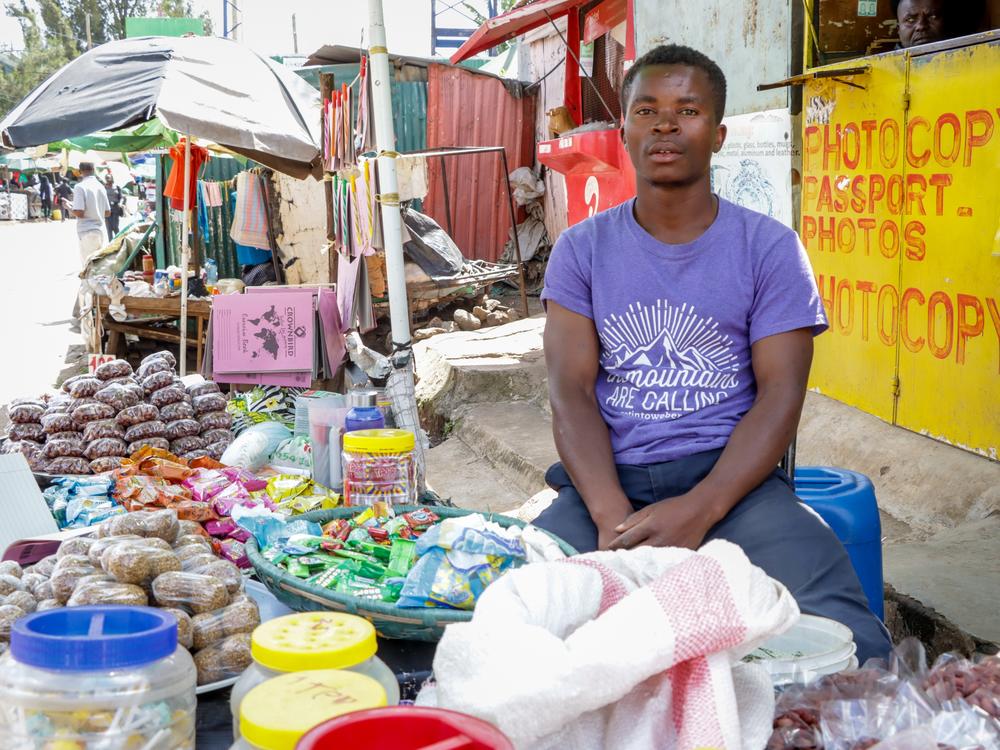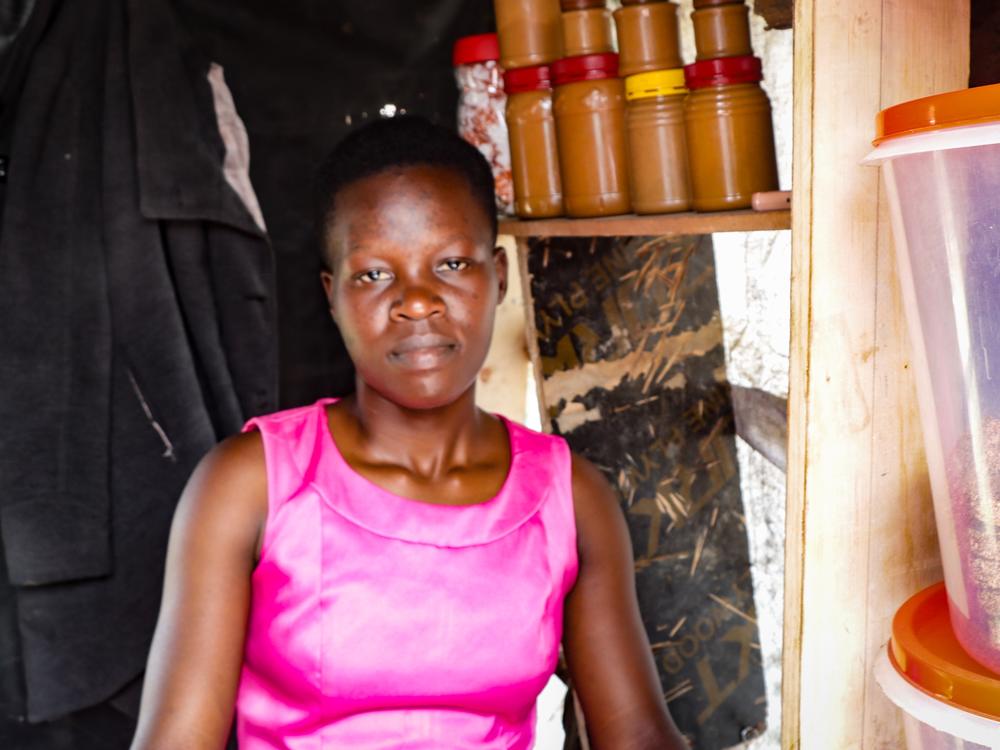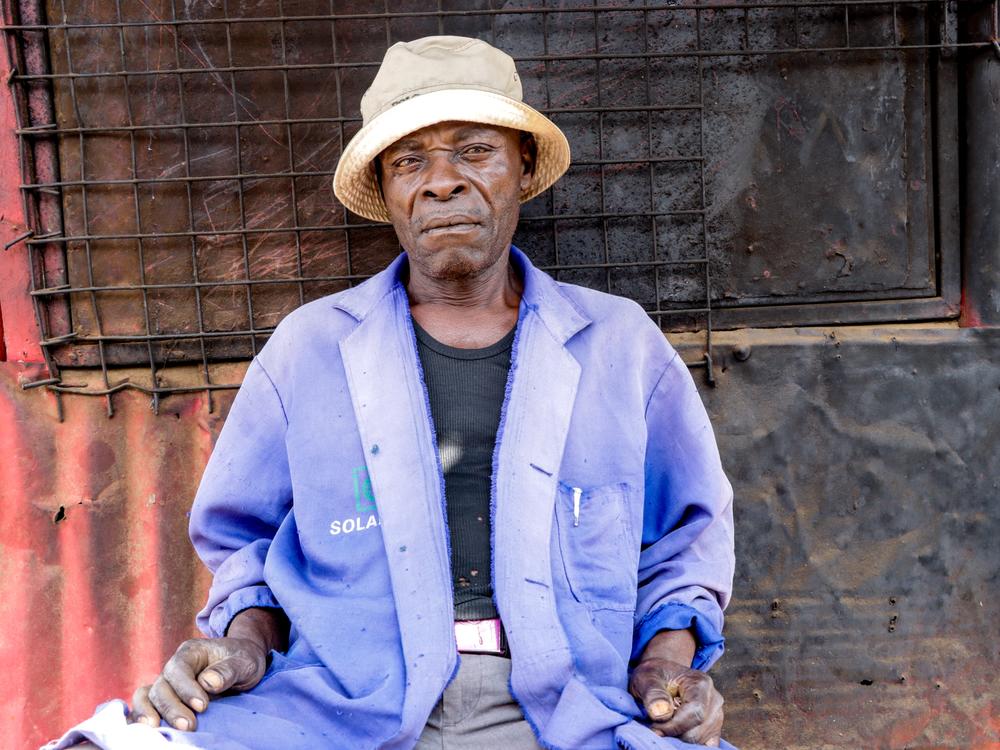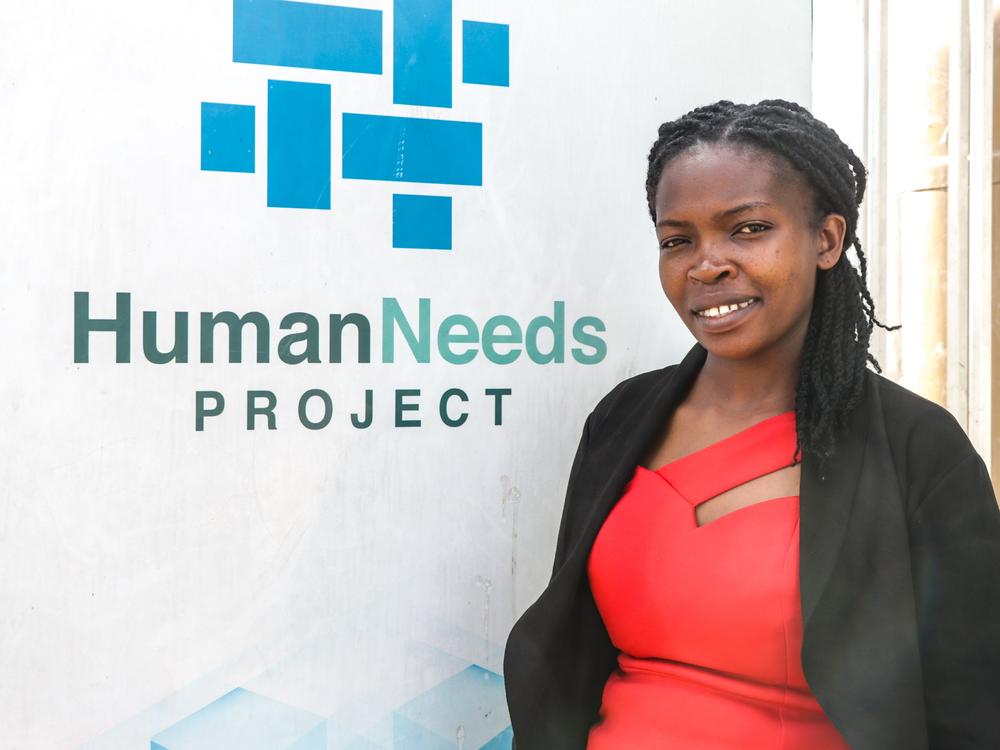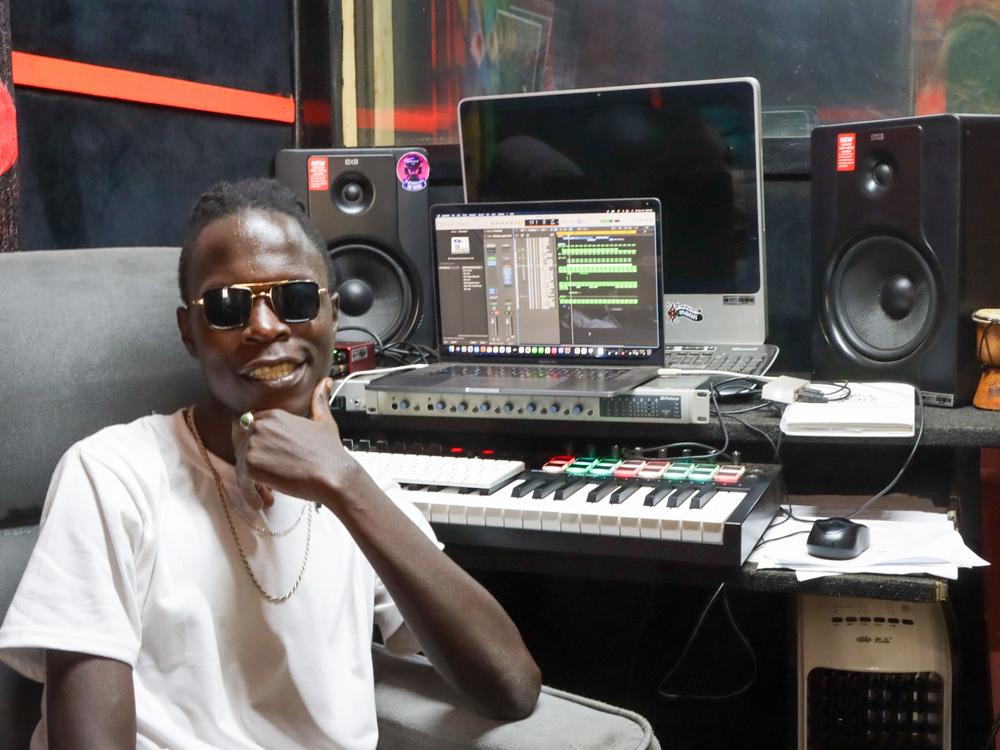Section Branding
Header Content
Ed Sheeran and Fuse ODG rebuke Band Aid charity song. We ask Kenyans to weigh in
Primary Content
A new version of the song "Do They Know It's Christmas" is out today — November 25. And it's already stirred up a bit of controversy.
British rocker Bob Geldof was the driving force behind the first version of the song, released 40 years ago to raise funds for Ethiopians facing hunger and credited to "Band Aid" — a collection of superstar musicians. The single has been credited with raising $10 million for the cause.
The song was re-recorded in 2004 and 2014. The new version is a mash-up drawn from the three previous incarnations -- and has sparked outcry from some musicians.
Ed Sheeran, who participated in the 2014 recording, has said he is sorry his voice is part of the 2024 version.
He says he was inspired to criticize the song by the rapper Fuse ODG. Sheeran posted this quote from Fuse ODG about charity efforts like Band Aid: "While they may generate sympathy and donations, they perpetuate damaging stereotypes that stifle Africa's economic growth, tourism and investment, ultimately costing the continent trillions and destroying its dignity, pride and identity."
Fuse ODG has further said that song smacks of "colonialism" and white saviorism: "African problems should be solved by Africans," This year he released his own song "We Know It's Christmas" and says that proceeds will go to innovative local projects in Africa.
Geldof defends the idea of a charity song to raise money to address food insecurity and other issues related to poverty in Africa: "'These are not 'colonial tropes' they are empirical facts .... Climate change affects the poorest first and worst. War exacerbates these conditions." He says: "This little pop song has kept millions of people alive."
What do people in Africa have to say about it? Last week in Kibera, a sprawling neighborhood in Nairobi sometimes referred to as Africa's largest slum, we spoke to residents to get their perspective.
Daniel Masheti, 29, sells groundnuts, candy, books and pencils, among other items, from an outdoor table.
"I don't think the song should have been released," he says. This kind of plea can "harm our dignity, which does not help us in any way." And progress can be made without a charity song, he says, noting that in the seven years he's lived in Kibera, he's seen improvements – better sewage systems, for example.
Still he admits he has mixed feelings-– raising money for a "noble cause" is a good idea, he says. But he doesn't think a "one-time handout" to people in need is "a solution that we can be proud of."
"It's a short-term project with no real answers," he says.
Perched on a stool to keep an eye on his merchandise, he says he'd like to see funds raised to help small business owners like himself as they try to earn a living and boost the local economy.
Josephine Alam, who's 24, is another small business owner in Kibera. She makes and sells peanut butter, working out of a small room whose walls are iron sheets. When she lost her job two years ago, she wanted to be independent and self-employed.
"The song makes me have different kinds of emotions," she says. "On the first hand, it gives me the feeling that, yes people might want to give us a helping hand. However, on the other hand, it also makes me feel that our African continent can only be seen through the lens of poverty and people who are always suffering. I want the world to know that [Africa is] a continent with a lot of talent and innovations." And that many people like herself "earn their daily bread and support their families."
Francis Malloba, 63, is taking it easy on a hot Friday afternoon.
He's the father of five and has lived in Kibera for decades, selling household items to support his family.
''Over the last 40 years, I have seen Kibera evolve each day and come out strong in the way we give a helping hand to our neighbor," he says. "The world may see Africa as a struggling continent, but here we see hope of a better tomorrow.''
''My story, like many of us here, is of self determination and not just about poverty. Our prayers are that the world should see the beauty of what communities like ours can offer."
As for the Band Aid song, it "makes me feel that the world at times doesn't see the whole picture. We are not only just sitting back with our hands open waiting for handouts. We also work so hard, build our lives and find joy."
He'd like to see a new song that "captures our zeal and progress besides just talking about our struggles. My continent deserves a voice on the King's table. It's high time to take a seat and tell our story.''
Stella Mwania, 35, works as a director of marketing and community outreach at the local charity Humans Needs Project," which has been active in Kibera in 2010.
''My key takeaway is that we the people have the solutions. What we need is for someone to listen to us and give us a chance. We don't need handouts or pity," says Mwania.
''From where I sit, hit songs like this one may have had a good intention but ended up missing the mark and instead leaned toward portraying our continent as helpless."
She says that money raised for a good cause — which is the song's intent — is not "bad money." But she wants music that will also celebrate Africa's achievements: ''We are made to be felt as people in dire need of aid, while in the real sense we just need collaborations. I also join the call that song should not be released in its current state, as it does not fully reflect some strides we have made and even solutions we have come up with for places like Kibera."
Daniel Owino Okoth is a rapper known by the stage name "Futwax" or "Futwax The Mister Kibera" — that's where he's from. He says he uses music to tell his story and the story of his community; he's released music and videos.
The 29-year-old thinks African artists should join international artists to create music that produces "good vibes."
Speaking of "They Don't Know It's Christmas," he says ''this song makes me feel like the African continent is only seen as a place of suffering. This is not the case. Instead of singing about what we lack, let's create music that celebrates our strengths."

